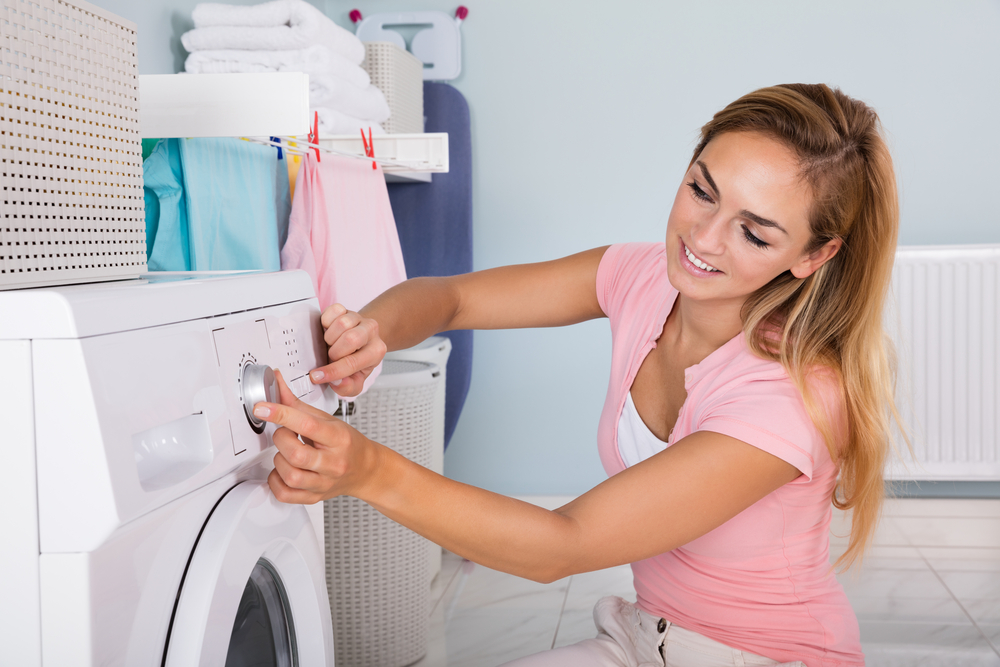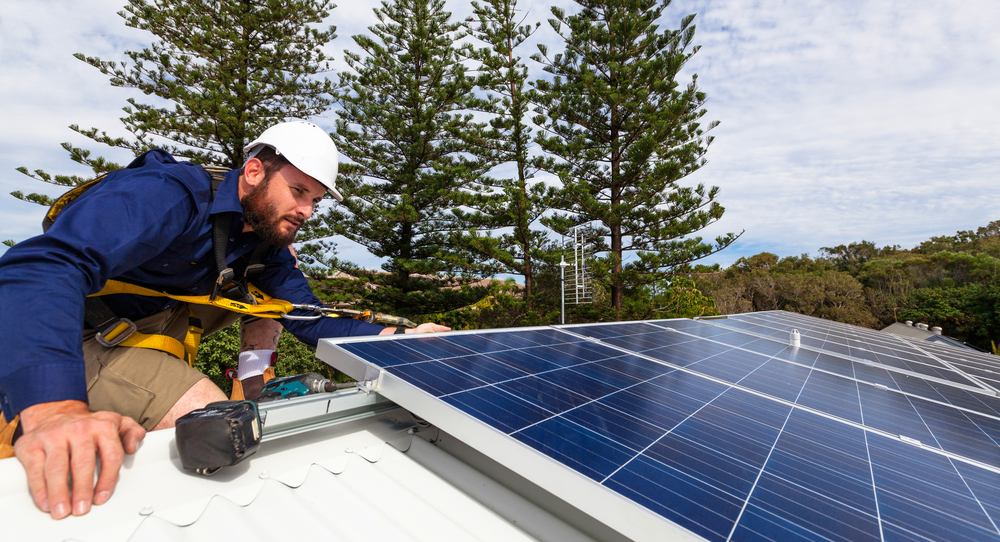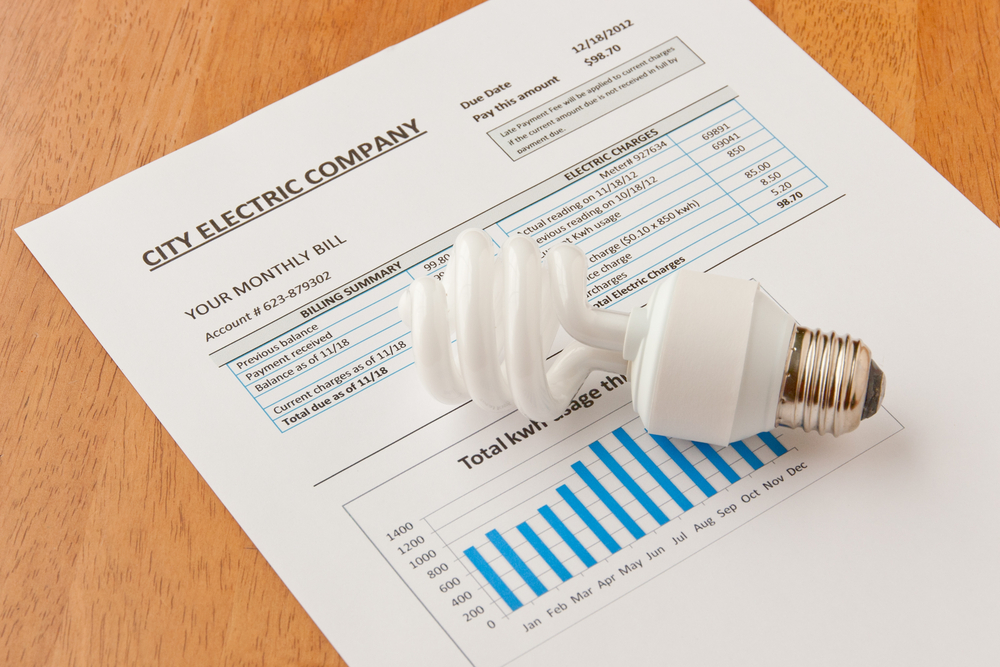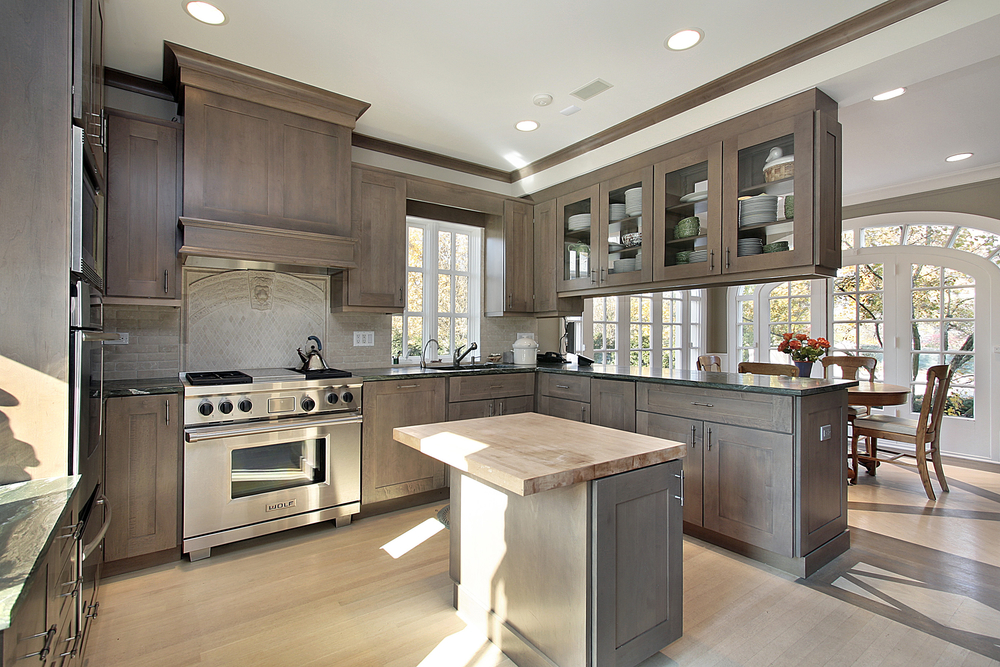As a homeowner, receiving your monthly electric bill is not fun especially in the thick of winter and summer seasons. Seeing how much energy your home consumed can be shocking. Bad energy consumption habits translate to higher bills. Fortunately, there are several hacks you can use to save energy and money that will not cost you too much.
Install a Smart Thermostat
Thermostats are an essential component of your HVAC system. They help to monitor and regulate the temperature in your home.
Manual thermostats are slowly being phased out. Though there are programmable thermostats that allow you to pre-set temperatures for different times of the day, upgrading to a smart thermostat is still a smart choice.
Smart thermostats can monitor and learn your heating and cooling preferences and automatically adjust the temperature based on what it learned. You can also adjust temperatures remotely with your smartphone. This feature will ensure your house is at the right temperature when you arrive.
A study by Nest and two other independent studies of Nest thermostats shows, on average, customers save 10 to 12 percent on heating costs and 15 percent on air conditioning costs.
Smart thermostats are generally designed for central home systems. If your heating and air conditioning systems are on electronic baseboards, it is recommended that you consult with a professional to see what can be done for you.
Insulate Your Windows
Heat and cold can seep into the house through the windows. This means it will take more energy to cool and heat your home during the summer and winter seasons.
Insulating your windows will help reduce the power needed to keep both cost and temperature ideal. There are several methods to insulate your windows:
- Window insulation film: window film builds an insulating block within the inside of your home and your windows
- Removable magnetic window insulation: rather than regular weatherstripping tape, magnets secure the insulating vinyl in position so you can place the insulation on cold or hot days and leave it off otherwise
- Rope caulk: you can tear apart the rope caulk and cram it into wide gaps in your windows
- Bubble wrap: though it might look unsightly, bubble wrap is a great way to insulate windows
- Thermal curtains: unlike blackout curtains, thermal curtains retain warm air indoors during winter and block the heat during summer because of the special lining made of acrylic foam between the double or triple layers of fabric
Doors and Garage
A lot of air seeps in through the cracks under the doors. Install draft stoppers under your doors that lead outside. This will help prevent air from the outside rushing in.
Don’t forget to insulate your garage as well. Garages notoriously let in heat and cold air in the different seasons. While you won’t be able to bring in air conditioning or heating in the garage, you can at least ensure that no additional temperature changes happen.
Make Your Light Fixtures Energy Efficient
One light bulb may not use up a lot of energy in comparison with other gadgets. However, if you factor in the number of lamps and the amount of time they spend while switched on, the figures start going up.
To save energy in your home, replace your bulbs with compact fluorescent lamps (CFL bulbs) which use about one-third the energy of ordinary bulbs. According to Energy.gov, a typical CFL can pay for itself in energy savings in less than 9 months and continue to save you money each month.
CFL bulbs carry a small amount of mercury and should be disposed of by recycling at the end of their lifespan. Many retailers will recycle CFLs for you. For more information, visit the EPA website.
LED light bulbs are also an option. Some of them can last for 23 years if you use them for three or four hours a day. These are slightly more expensive than CFLs, but you don’t have to buy them very often. In the long run, you will save energy and money.
Of course, turning off your lights when you leave a room is possibly the best way to save energy!
Doing Your Laundry
Hot, Warm or Cold Cycles?
Hot or warm water need not be used for all laundry loads. Take the time to separate your laundry and be particular in which clothing items will be washed in heated water. By washing your load in cold water, you’re helping reduce the energy needed to heat the water.

Another tip on saving energy when it comes to hot water, but not laundry related is to cut down on your hot showers. If you absolutely can do without a hot steaming shower, then warm showers should suffice.
Making sure your pipes and faucets are not leaking can also help with your energy costs. Leaky faucets or pipes that constantly drip will only cost you more money. If you notice a spike in your water bill or a drop in water pressure, find a plumber who specializes in leak detection. You may have a leaky pipe hiding inside a wall or some place similarly hard to find without leak detection equipment.
Dryer
Dry full loads because drying partial loads use almost as much energy as full loads. However, do not overfill. Overloading increases drying times.
After each load, clean the lint filter. This will increase air circulation and help improve energy efficiency, and also reduce the risk of fire.
Air dry clothes whenever possible. Not using the dryer would be the ultimate way to reduce energy when it comes to cutting costs while drying your clothes.
Have Your Vents/Ducts Cleaned Regularly
Dirt finds its way to your air vents and accumulates. Accumulation of dirt in your vent forces your air conditioner to work harder and use more energy to cool your home.
Make sure there aren’t any leaks in your air ducts. Your home is not being properly regulated if there are leaks in your ducts because hot or cold air is not all funneling to your house.
Similarly, during the summer, make sure your chimney flue is closed. Otherwise, it will leak out cold air and make your air conditioner work twice as hard.
Keep your vents open at all times. Furthermore, make sure your furniture arrangement in every room promotes open airflow. Sometimes, crowded rooms just feel more stuffy and hot because there are too many objects in one area.
Also, during the summer, use your heating appliances at night if possible and not during the hot day. A hot oven that heats to 400 degrees is a terrible way to save on air conditioning. At night, your air conditioner isn’t working as hard. So bake your cookies then. That will save energy.
Solar Power
Investing in a solar energy kit is a reliable way to save energy. The electricity harnessed from the solar panel can be useful for lighting bulbs and heating water, depending on the size and number of solar panels you have. After putting in the initial investment to buy the kit, solar energy is free. It comes from the sun and therefore sustainable in the long run. Other than reducing your power bills, solar energy has a positive impact on the environment. It does not produce greenhouse gases that pollute the environment.

Depending on the size panel you want, you might be able to install it yourself. Bigger panels require professional solar panel installation.
Change Your HVAC Filter
According to the U.S. Department of Energy, the average lifespan of an HVAC unit is about 15 to 20 years. However, a good preventive maintenance habit can keep your system working its best for an extended time.
The HVAC system in your house needs constant maintenance to function at optimum levels. A filter clogged with dirt will not perform efficiently and will make the entire system work harder and use up more energy.
Dirty filters also pose the threat of damaging your heating and cooling system as well as releasing allergens that may be harmful to your family. Dirt and neglect are what generally cause heating and air conditioning units to fall apart and these units are expensive to replace. If you find yourself having to replace your unit, however, make sure the HVAC system is energy efficient. Look for the ENERGY STAR® and EnergyGuide labels. Qualified units are about 15% more efficient than standard models.
Keep Your Freezer Full
Whenever you open your freezer, warm air rushes in as cold air escapes. The bulk of the power that a freezer uses works towards cooling down the warm air that comes in when its door opens. If a freezer is full, there is less room for warm air to take up and the items in there help cool down any warm air that sneaks in. So, keeping it full means less use of energy.
But what if you just don’t have enough food to store in the freezer? No problem. There are other non-food items you can use to take up freezer space. You can use newspapers, bags of shipping peanuts, plastic containers filled with water (i.e. plastic food containers, Ziploc bags, empty milk jugs) or bags of ice.
Buy Energy Efficient Appliances
When buying new appliances or electronics, make sure to buy energy-efficient products. Before you buy, it might be worth it to take the time to find Energy Star products and learn new ways to save energy. Energy Star certified merchandise will always save you money.
Plant Trees
During the summer, the scorching sun can heat the house. As the indoor temperature rises, your air conditioner works even harder to counteract those changes. An ingenious way of protecting your house from the sun’s heat is by planting trees around your property. Ideally, you should plant them near the south and southeastern sides. In addition to protecting you from the sun, trees will also help purify the air around you.
Figure out where the sun hits first thing in the morning. If the sun rises in your bedroom and sets in your dining room, you probably should plant trees in both those areas.
Not only will planting trees save energy, but it will also beautify your surroundings and possibly increase the value of your home!



